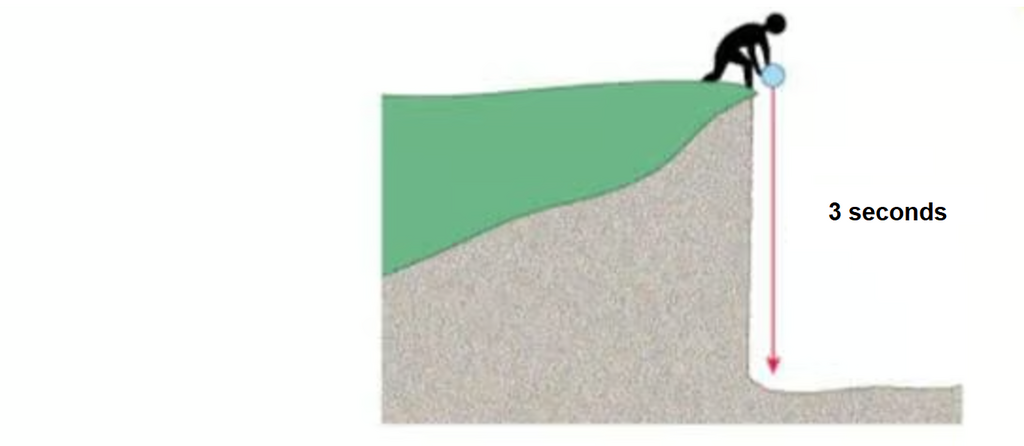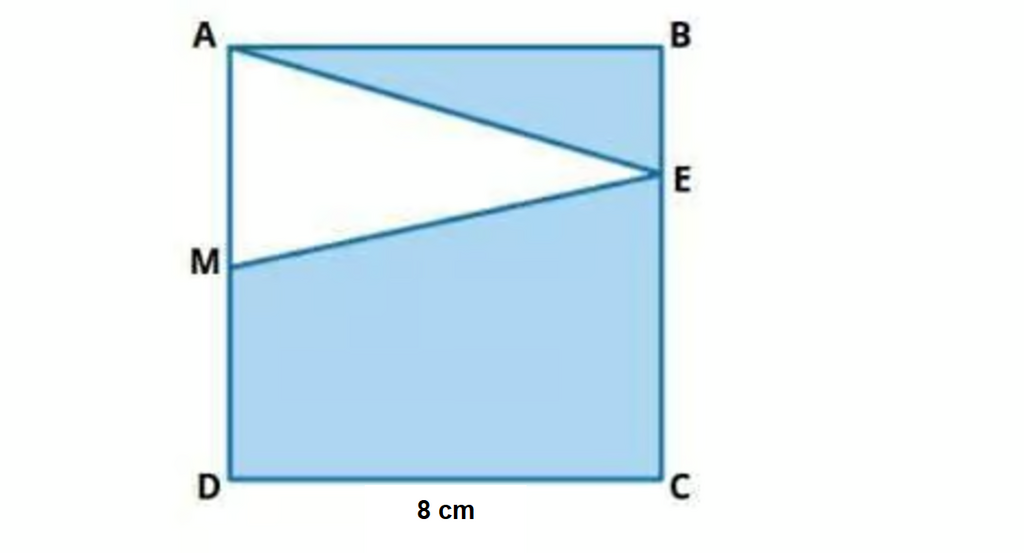Getting your Trinity Audio player ready...
Israeli students saw a significant decline in their performance on the TIMSS (Trends in International Mathematics and Science Study) exam, a benchmark global assessment that evaluates math and science proficiency among eighth graders.
The results reflect the ongoing challenges faced by students, including the impact of the ongoing war, teacher strikes and the lingering effects of the COVID-19 pandemic on education.
The TIMSS, conducted every four years, tests students worldwide on their ability to apply knowledge in mathematics and science. The study provides a comparative evaluation of educational systems by analyzing students’ performance across diverse nations. Israel's slide in the rankings highlights broader systemic difficulties exacerbated by recent crises.
The Israeli National Authority for Measurement and Evaluation (RAMA) published sample questions from the TIMSS exam, allowing the public to gauge the level of difficulty faced by students. Among the sample questions are three in science and three in mathematics. Can you get them right? The answers are provided below.
1. Which of the following options is an example of mutualistic interaction between two living organisms?
A. A bird catches and eats an insect.
B. A male bird mates with a female bird.
C. A male bird defends its territory from another male bird.
D. A bird pollinates a flower while obtaining nectar from it.
2. What happens to the cells of a young animal as it grows?
A. Its cells become larger.
B. Its cells divide, increasing in number.
C. Its cells store a lot of fat and use it as energy for growth.
D. Its cells produce a lot of energy through photosynthesis.
3. Niv is in a dark room. He shines white light on a corner and sees a blue ball. Why does the ball appear blue?
A. The ball absorbs only the wavelengths of blue light.
B. The ball absorbs all the wavelengths of the white light.
C. The ball reflects only the wavelengths of blue light.
D. The ball reflects all the wavelengths of the white light.
Get the Ynetnews app on your smartphone: Google Play: https://bit.ly/4eJ37pE | Apple App Store: https://bit.ly/3ZL7iNv
4. A farmer had a tank full of water for irrigating his fields. He used 3/4 of the water for one field, leaving 20 liters in the tank. How many liters of water did the full tank contain?
A. 80
B. 60
C. 20
D. 15
5. It takes 3 seconds for a ball dropped from the top of a cliff to reach the ground. The approximate height (h) of the cliff in meters can be calculated using the formula: h = 5t².
t represents the number of seconds it takes for the ball to reach the ground. What is the approximate height of the cliff?
A. 15 meters
B. 30 meters
C. 45 meters
D. 225 meters
6. ABCD is a square with side lengths of 8 cm. M is the midpoint of side AD. What is the area of the shaded part of ABCD?
Answers to the questions and the percentage of students who solved them correctly:
- D (42% of students answered correctly)
- B (46% answered correctly)
- C (46% answered correctly)
- A (63% answered correctly)
- C (28% answered correctly)
- 48 cm² (30% answered correctly)




